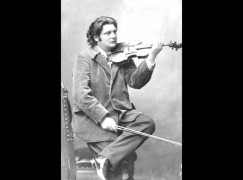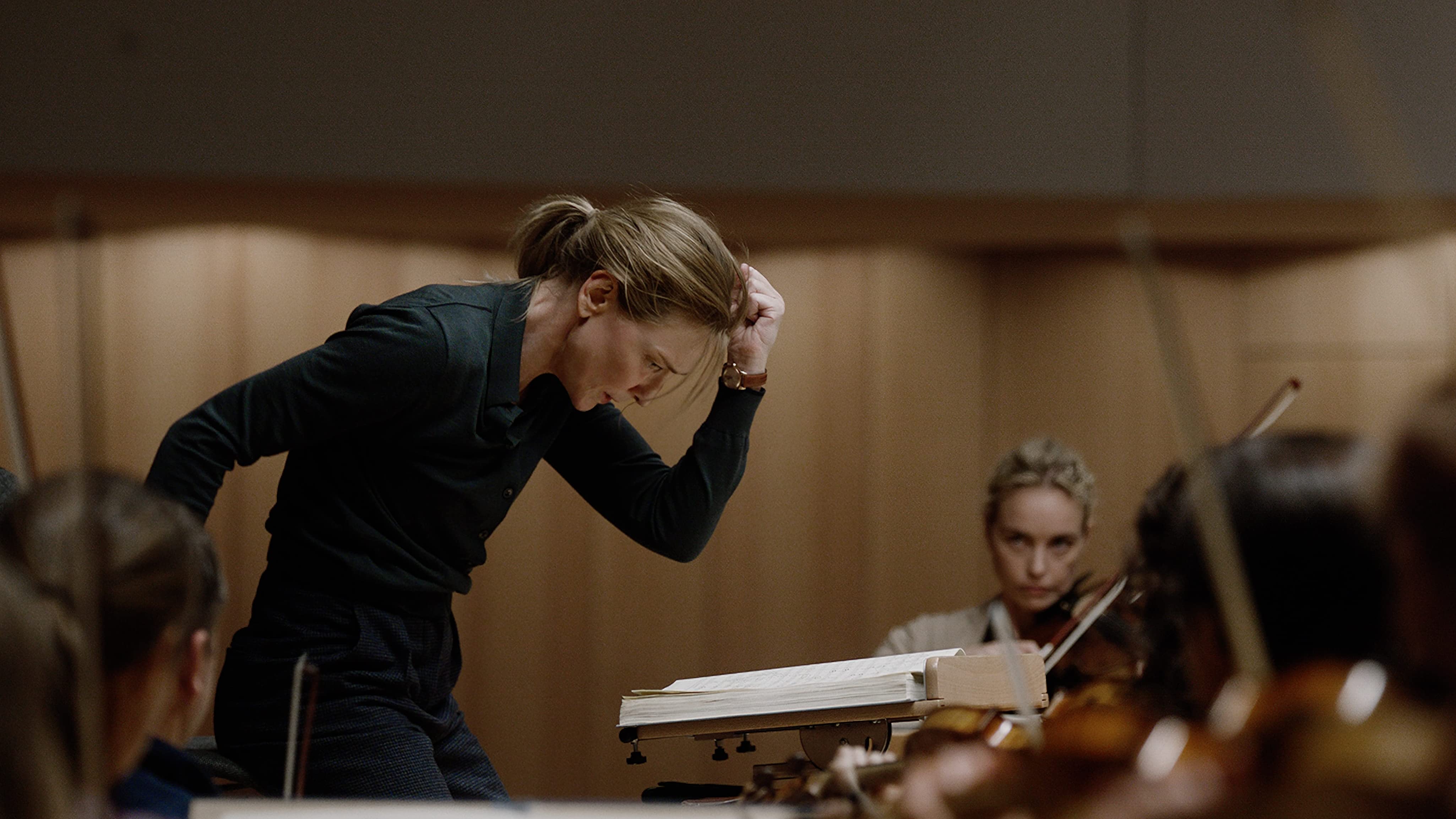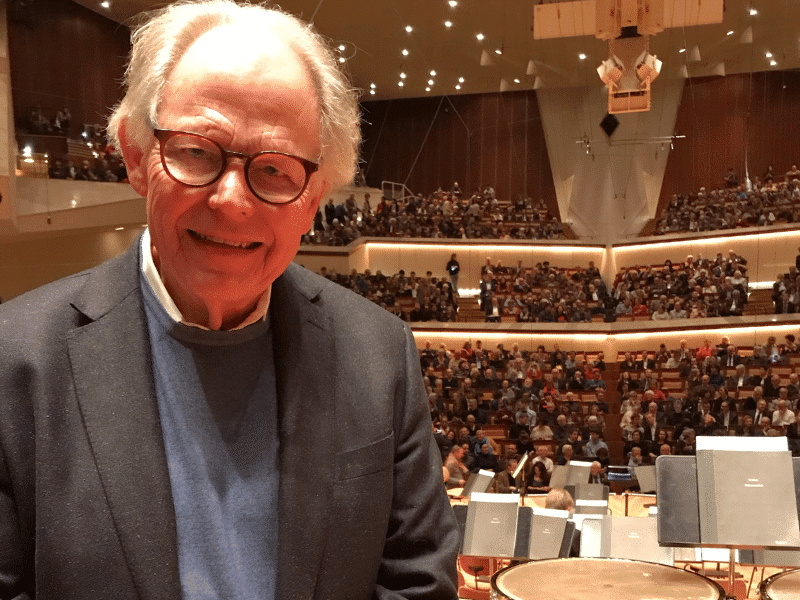Legal action over a competition jury’s unwatched videos
mainWe have received several allegations over the past year that online juries have not been examining – or even opening – the videos submitted by contestants. The latest complaint concerns the Ysaye Competition in Belgium.
Here’s the basis for a legal case by disappointed entrant, Arseniy Strokovskiy:
In April 2021 I, Arseniy Strokovskiy and my duo partner applied to the YSAYE International Music Competition in Belgium. Due to pandemic situation, the competition is held this year online and has 3 rounds. Participants were supposed to send video links from YouTube, whereas the international Jury should watch all the videos and choose those whose level of playing was sufficient to pass to the next round.
They should watch, but they did not. The results of the 1st round were published even without watching performance of the participants. You can read about it below.
So, we applied to the competition, uploaded 2 videos by our Duo to YouTube and paid the 140€ fee for the application in Chamber music category. Apart from that, my partner also applied to the Solo category, having sent 2 videos and paid 110€ fee.
We made our video links with limited access, so that only the one who has the link could watch it. And we sent it only to the competition. YouTube has an amazing option – YouTube analytics. It provides all the precise information about how many times a video was opened, for how long it was viewed to the very second etc.. At the moment of sending our applications the counter showed us 0 views, 0:00 seconds. Taking into account that only admins of the competition had access to videos, we could follow all the information about our videos views at the competition precisely.
Then, at the end of May the results of the first round were published. Neither our Duo nor my partner’s solo were not on the 2nd round list. And guess what I found by looking through the YouTube Analytics?
The videos by our Duo were opened only once, each view was for 22 and 23 seconds (!!), which is a bit more than 2 % (!!) of the full length of the videos sent. Furthermore, one of the partner’s solo videos had no views whatsoever at the moment when the results were published.
Consequently, the results were published without listening to the applicant’s program!
Here I would like to explain some things. If a musician sends his video to a concert agency, manager as an ad or in order to apply to a job – nobody has to listen to his performance fully. Intended recipient has his own right to watch a video for a couple of seconds and sort it to spam folder. Moreover, he does not have to even open an email! When it comes to musical competitions, absolutely different principle becomes eligible. An applicant pays fee so as to be listened to. In other words, he literally pays for the jury job, and the jury ought to listen to each participant’s video fully. It does not matter if a participant plays badly or very well, whether they have chances for victory or not. There is no competition in the world, members of the jury of which have the right to stop a participant if he does not higher the time limit of their performance. It is a basic principle.
So, what we have. There are 2 possible variants:
1. The international Jury came to a conclusion about the 2nd round list without watching the participants’ videos.
or
2. Admins Elena Lavrenova and Ashot Khachatourian themselves decided who would pass to the next round, not accounting for what the professional members of the Jury think, just using their names.
The admins of the competition say that the international Jury (10 members) all together watched the competition videos. I can hardly believe that renowned members of the Jury, following all the covid restrictions, came from various countries to Belgium only for watching videos for a moment and made the decision on the premise of the first several seconds of participants’ performances. Dear Phillipe Koch, Mikhail Yakovlev, Alexei Moshkov, Johanna Pichlmair, Robert Stepanian, Ori Epstein, George Tudorache, Jean-Marc Onkelinx, Philippe Lehaen, I am gravitating to the version, in which you were not even got acquainted with the videos, everything was definite without you, and the organizers are only hiding behind your names, thereby setting you up. However, if you truly watched videos, I ask you to comment. How can it be possible when you came to a conclusion without familiarizing with full videos? And at least in one case the video was with no views whatsoever!
If the videos were not shown to the members of the Jury, then I ask the organizers Elena Lavrenova and Ashot Khachatourian to comment on this situation.
Before writing this post I sent an email to the organizers so as to solve the situation peacefully, but I received unintelligible answer. Elena Lavrenova does not argue that the videos were not watched, instead she mentions the rules in which it is said that the results are not disputable, and fees cannot be reimbursed.
Due to this situation, I will file a lawsuit against the organizers of the competition, to seek a refund, complete cancellation of the results of the competition, as well as to demand the initiation of a fraud case, since it is probably about corruption, embezzlement of funds fraudulently.
I contacted a team of lawyers from Munich, together we sorted out the case and will start the process soon.
I ask the music community, those who care about this story, to help spread this post.
Screenshots of reports from YouTube analytics are attached to this post.
Of course, this is not a question of money, but of principle. This story should not go unnoticed, but it will become a lesson for all unscrupulous online competitions.
04.07.2021
Arseniy Strokovskiy
UPDATE: The competition responds






Comments